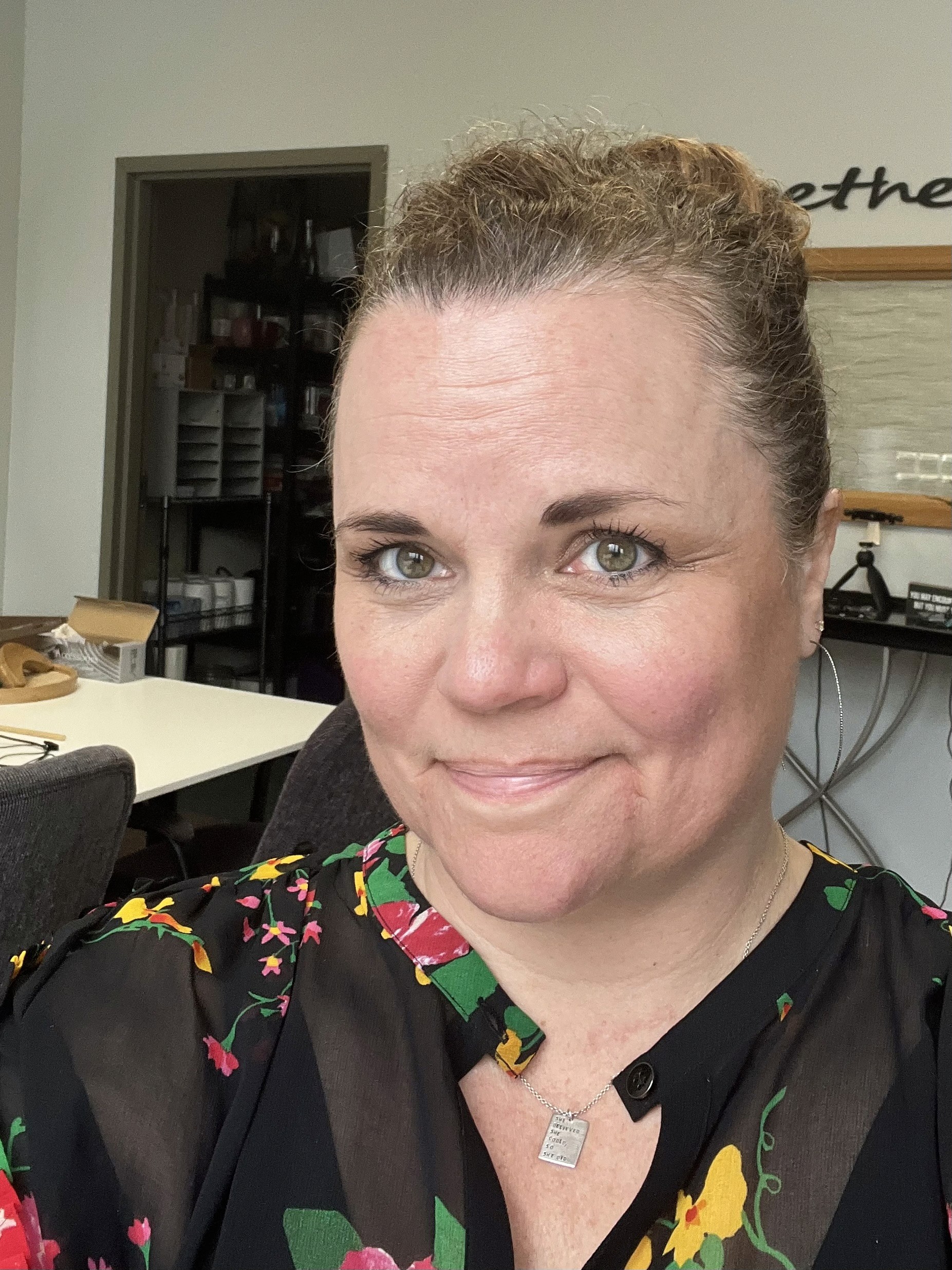
Search
Search
Patient Resources
Patient Resources
Empowering you with the knowledge and tools to take control of your hearing health, so you can enjoy every conversation, every moment, and every sound that matters most.
Empowering you with the knowledge and tools to take control of your hearing health, so you can enjoy every conversation, every moment, and every sound that matters most.

By Dr. Heidi Hill, Au.D
|

By Dr. Heidi Hill, Au.D
|
Jun 20, 2025

By Dr. Heidi Hill, Au.D
|

By Dr. Heidi Hill, Au.D
|
May 14, 2025

By Dr. Heidi Hill, Au.D
|

By Dr. Heidi Hill, Au.D
|
Apr 29, 2025
Safeguard your hearing with custom earplugs.

By Dr. Heidi Hill, Au.D
|

By Dr. Heidi Hill, Au.D
|
Apr 9, 2025
Struggling to Hear Clearly? Explore APD Solutions & Improve Life.
Search
Search
Get Expert Care in Osseo, MN
Looking for trusted, local support? Our specialists in Osseo, are here to help. Fill out the form to connect with our team and take the next step toward better hearing health!
Get Expert Care in Osseo, MN
Looking for trusted, local support? Our specialists in Osseo, are here to help. Fill out the form to connect with our team and take the next step toward better hearing health!



